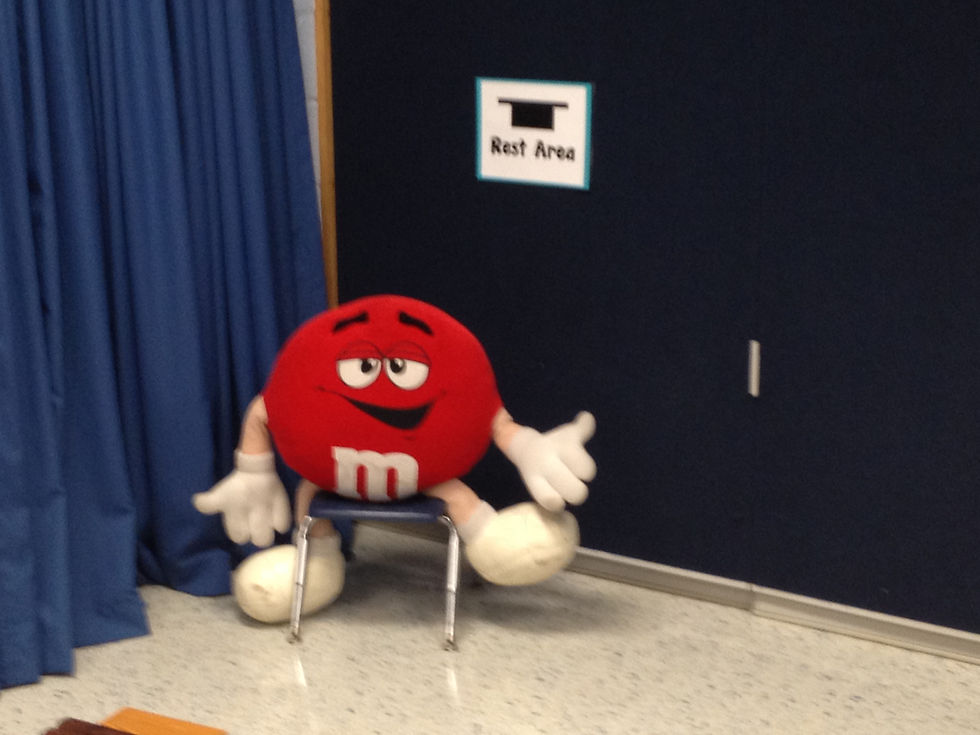Step 2 to a Great Music Year: Build or Learn Your Curriculum
- Cheryl Baker
- Jul 29, 2025
- 2 min read
Updated: Sep 28, 2025
Before you can plan fun and engaging lessons, you need a solid roadmap. That’s where your program of studies comes in. Whether your district provides one or you’re creating your own, understanding what concepts to teach—and when to teach them—is essential. A clear program of study helps you sequence instruction thoughtfully, ensuring students build skills in the right order. For example, before students can sing confidently, they need to learn how to breathe properly, enunciate clearly, and match pitch. Starting with the foundational skills makes everything else smoother. Once you have your long-range plan for the first grading period, you can begin mapping out units, deciding how long they’ll last, and planning assessments. Then comes the fun part: choosing songs, games, and activities that bring your units to life!
Here's the next step.
Step 2: Learn your program of studies from your district or build one of your own.
If your school district has a program of studies for music, take the time to read it. Some programs of study have a suggested timeline for when to teach a concept or a unit, while others give you a list of what you should cover during each grade level. If you get a list, the next thing you will need to do is create your own long-range plan. I always ask myself what do the students need to know first to be able to do the next thing. For example: students who are learning to sing need to know how to breathe, how to enunciate the words, how to match the pitch. They also will need to know how to echo you when you sing, and you need to know if they can read words or rhythms or notes and durations. So, what comes first is an important thought process to have.
Once you have your long-range plans completed (at least for the first grading period), then think about how you will organize your units and how long those units will last. You will also need to think about what the students will be graded on during each grading period and make sure you plan for assessment during your lessons. When the units are decided on, that’s when the fun begins. You will be looking for activities and songs to teach the concepts in each unit. Buddy up with other music teachers to share and borrow resources from each other. If you have a music series, that might serve you well during your first few years. As you begin to build your repertoire, you will have more choices about what you can teach.
But wait, there are 8 more steps! Keep reading or if you can't wait, go to my website, https://www.lessonsfromthemusicroom.com/ and download a copy of my FREE Survival Guide for Elementary Music Teachers.




Comments